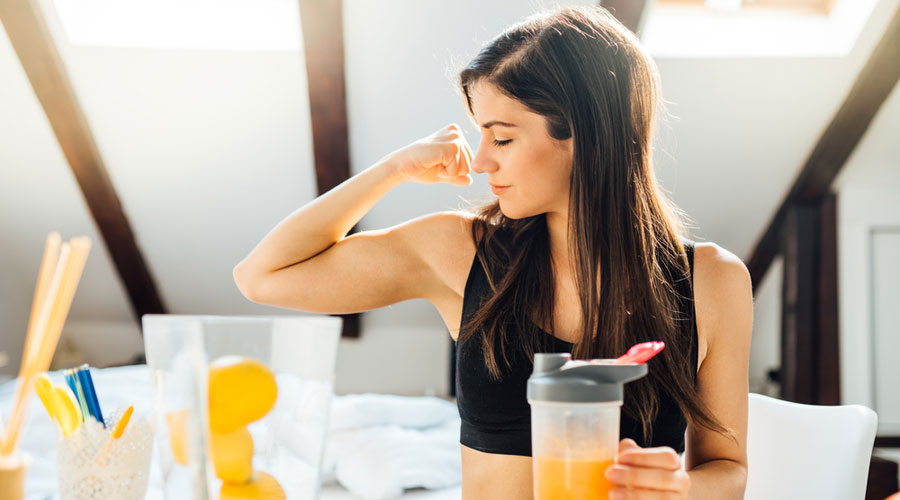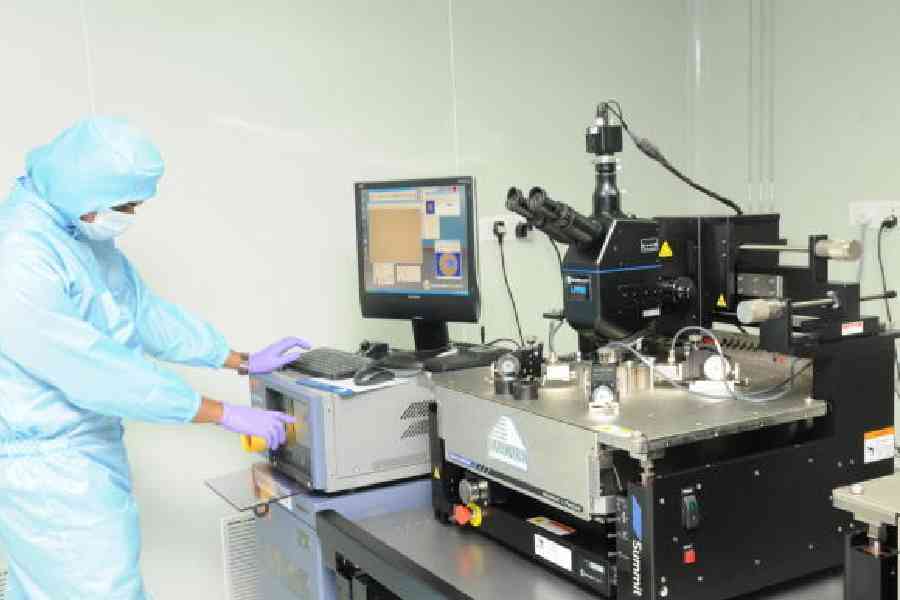A human being can withstand and survive illnesses because the body fights against invading disease-causing organisms. It starts the minute an organism tries to enter the body. If it is through the respiratory system, the hair in the nose and the cilia lining the bronchi trap and remove the organism. If it enters through the mouth, the saliva tries to kill it and if by chance it reaches the stomach, the acid present there destroys it. The skin (if intact) forms a protective layer over the whole body. An organism can enter and gain a foothold when this defence system is breached.
Protection from diseases at the cellular level is called immunity. It may be passive or active. A mother transfers natural passive immunity to an unborn baby through the placenta. It confers resistance against diseases the mother had contracted earlier or been immunised against. That is why the tetanus vaccine is administered to all women during pregnancy. Breastfed babies receive additional antibodies, particularly against diarrhoeal diseases, through breast milk.
Artificial passive immunity is acquired though injections. The antibodies are first formed in animals such as horses, extracted, purified and injected. Human plasma can also be used to transfer passive immunity and is the basis for plasma therapy in Covid-19 infections. Unfortunately, passive immunity does not last long nor provide a lasting “memory” in the body.
Active immunity is acquired by exposure to diseases. Before the advent of immunisation, people succumbed to several diseases. If they survived, their bodies remembered the battle — re-exposure to the same disease-causing organism produced a flurry of antibody formation. This effectively eliminated the organism. The body’s fighting response could also result in signs of inflammation such as fever and aches. Antibiotics also help this process in bacterial infections but not viral ones.
Active immunity can be artificially produced with immunisation. While most vaccines are injected, some — such as the polio vaccine — can be given orally. Vaccines are composed of tiny doses of the live or killed organism or its toxoid.
Human cells retain the memory of immunisation for years. The memory of and response to an organism can fade over time, so “booster shots” have to be taken to reinforce cell memory. The flu virus mutates every year, so the vaccine has to be taken annually. The elderly may have a suboptimal response to immunisation and acquire mild disease despite it.
Immunity can be boosted naturally with regular consumption of spices such as turmeric, ginger, garlic and herbs such as tulsi, neem and mint. Herbal products have to be consumed in small quantities regularly over the years to build immunity. Some of these natural immune boosters are now being packaged and marketed. Panic consumption of large, unregulated quantities to boost immunity might actually be harmful.
To increase immunity:
- Exercise for 40 minutes every day. Do 10-20 minutes of strength training, yoga and meditation
- Maintain ideal body weight
- Avoid alcohol and tobacco
- Eat four to six helpings of fruits and vegetables daily
- Take natural probiotics in the form of 30ml of curd daily on an empty stomach.
The writer is a paediatrician with a family practice at Vellore and the author of Staying Healthy in Modern India. If you have any questions on health issues please write to yourhealthgm@yahoo.co.in










